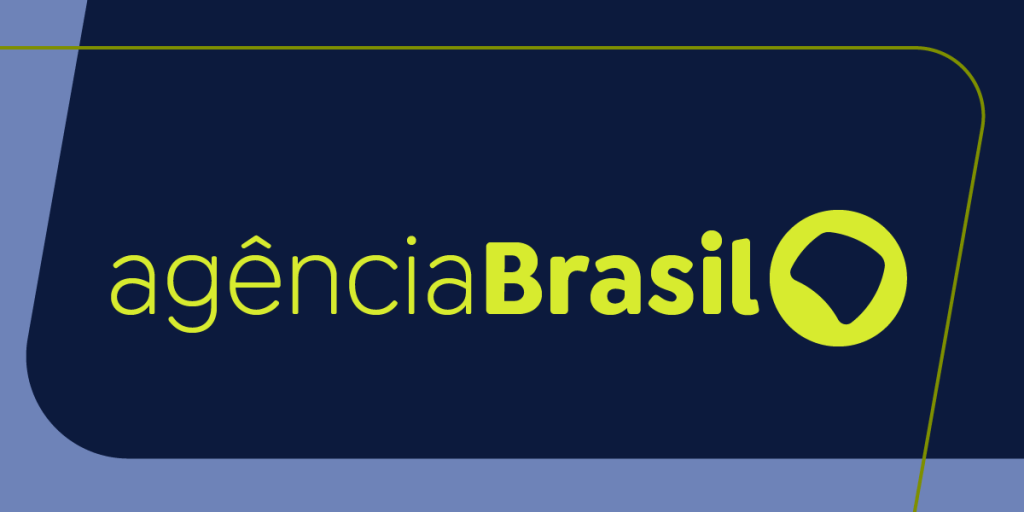Debts have become a source of great concern for thousands of Colombians. According to the Financial Superintendence, in July 2024, the total balance in arrears reached $35 billion, an increase of 6.1% compared to the previous year. This increase reflects a growing financial difficulty for many people, signaling that over-indebtedness is a worrying reality.
(Read: Why the dollar could lose its 2024 gains and what the Fed has to do with it)
Debts.
(Read: Citizen Income: how do I know if I have a payment in SuperGIROS?)
You can identify when finances have gotten out of control because obligations become unsustainable and affect quality of life. Although debt can be useful if managed properly, it becomes a serious problem when installments are impossible to meet. The inability to pay and the accumulation of bills are indicative that financial capacity has been exceeded.
Besides, When debt limits the possibilities of saving, investing or enjoying daily activities, it is essential to take measures to regain control of your personal economy. Seeking effective solutions and prioritizing financial well-being becomes crucial to making peace with finances.
The Bravo platform, a solutions platform to settle late debts by paying less, gave three tips to get rid of financial problems and settle debts.
(Read: Financial freedom: four habits to avoid losing it)
Tips to solve them

Debts
PHOTO: iStock
1. Do not accumulate several debts at the same time: In essence, debt can be an engine of growth, as long as it is used for productive purposes; So-called “good debts” are those that finance investments that generate additional income over time.
However, having more than one financial obligation is not necessarily negative, but poor management can lead to interest accumulating and complicating the payment of those bills. Therefore, it is crucial to calculate the installments you owe before taking out a new loan or using the credit card again. If the total sum of these installments exceeds 30% of your net income, you run the risk of falling into a state of over-indebtedness, which could affect your long-term financial stability.
2. Calculate the real value of debts: A task that many people overlook is learning how to review and understand monthly bank statements. These documents provide a detailed breakdown of current charges and balances, allowing you to track progress on debt repayments and identify errors or unexpected charges (which may occur). In this way, expenses can be better organized and the money necessary to pay off outstanding obligations can be allocated.
(Read: How many attempts do I have to withdraw money orders from Banco Agrario de Colombia?)

To avoid financial stress, remember to have an action plan to deal with debt and monetary emergencies.
IStock
3. End the financial commitment responsibly: A key option to avoid increased late payment interest is to maintain consistency in installment payments; However, if your payment capacity is exceeded, considering debt refinancing may be an alternative.
It is important to note that this decision carries significant disadvantages, as the time to pay off the obligation will be significantly extended and the total amount is likely to increase due to high refinancing rates. Furthermore, if you notice that your financial burdens are growing and could get out of control, it is best to look for an advisor who offers more suitable solutions to settle your commitments.
PORTFOLIO
















